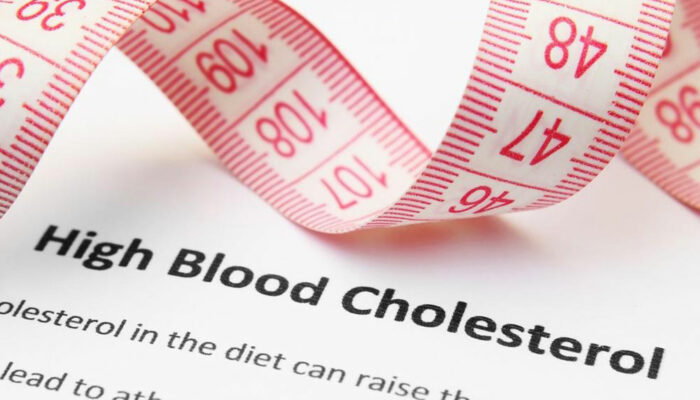
The warning signs and risk factors of tuberculosis
Tuberculosis is a serious and infectious disease that resulted in the deaths of 1.3 million people worldwide as of last year. What’s more striking is that humans have been affected by tuberculosis for thousands of years, and scientists recently discovered tuberculosis present in a 9,000-year-old skeleton. This only says that tuberculosis is a resilient and dangerous health condition, against which one needs to take all possible precautions. Caused by bacteria, this infectious disease mainly affects the lungs and is often transmitted from one person to another in the form of tiny droplets of saliva and mucus, which are released into the environment as the patient coughs.
Warning signs of tuberculosis
Tuberculosis was once localized to developing nations with poor quality healthcare, but given the virulence of this infectious disease, that is no longer the case. Currently, according to WHO, nearly 10 million cases were reported worldwide, with an increasing number of drug-resistant tuberculosis cases being reported as well. The onset of tuberculosis has some warning signs:
- Frequent coughing : If one has been coughing persistently for over 2 to 3 weeks, there are chances that they could be suffering from tuberculosis
- Coughing up blood : If one coughs up blood, it’s an indication that they are affected by TB.
- Chest pain : If one is suffering from chronic chest pain, especially each time they draw a breath, it is time they consulted their physician.
- Unintentional weight loss : If one has lost weight for no apparent reason, it could well be an indication of tuberculosis.
- Fatigue : One feels fatigued or tired all the time.
- Night sweats : One often experiences night sweats on a regular basis.
- Fever : One soon develops fever and chills, and the condition continues to persist for more than 2 days.
- Loss of appetite : If one suffers from a sudden loss of appetite for no reason, they may well be suffering from tuberculosis.
All of these warning signs are serious enough on their own, so if one experiences any of the above, they need to consult their doctor right away so that they can help treat the condition. Do note that when tuberculosis occurs outside the lungs or in some other organ, the symptoms listed here may vary according to the organ affected.
Risk factors
If one has a weakened immune system as a result of recent surgery or an ongoing health condition such as AIDS, it can impact the body’s ability to fight tuberculosis. There are several health conditions that can weaken the immune system:
- HIV/AIDS
- Diabetes
- Severe kidney disease
- Certain types of cancer
- Cancer treatment, such as chemotherapy
- Drugs to prevent the rejection of transplanted organs
- Some of the drugs used for treating rheumatoid arthritis, Crohn’s disease, and psoriasis
This is why one needs to check with their doctor, who may first carry out a test to confirm that the one indeed suffers from TB. Once the diagnosis is complete, the doctor will prescribe antibiotics to help treat the condition.



